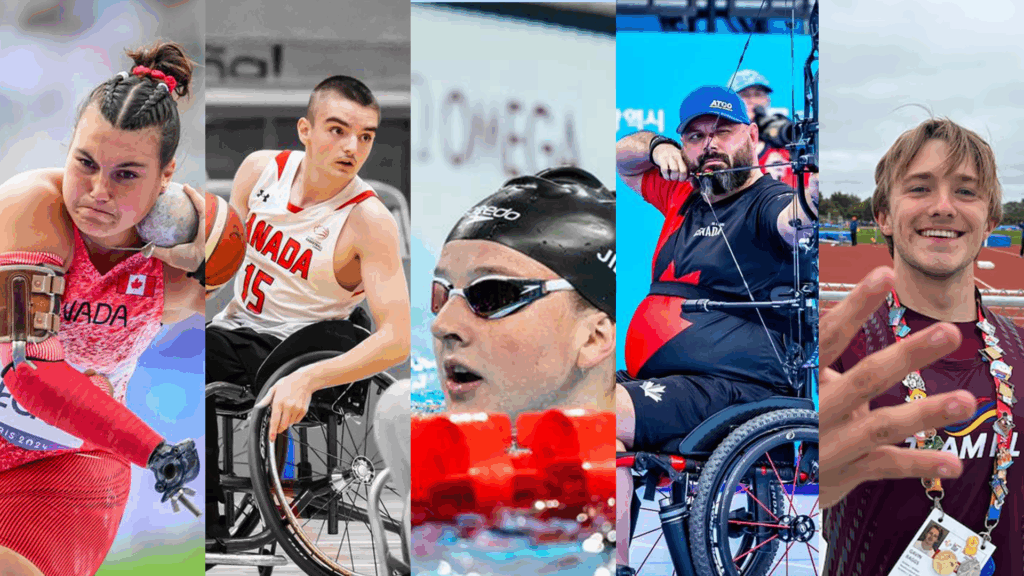Heidi Peters advocates for changing perceptions of disability through language
Sitting volleyball player emphasizes the importance of normalizing disability

In partnership with Canadian Tire, we sat down with Heidi Peters, a renowned sitting volleyball player, who has been vocal about the importance of language in shaping our understanding of disability. Peters, who recently played a pivotal role in earning her team a silver medal at a World Cup event in Egypt, thereby qualifying for the Paris 2024 Paralympic Games, stresses the power of words in the context of disability rights.
“The word disability is not a bad word,” said Peters. “I have a disability, cool, I’m also a lot of other things. There is a lot of importance in identifying that. Being a Paralympian, there is a lot of resilience, and there are lot of special things about having a disability that do set us apart. But also there’s a lot of normalization that’s important.”
Peters is passionate about changing how people perceive and talk about disability. “I’m just a person. Treat me as a human,” she urges. This simple yet powerful statement calls for a fundamental shift in societal attitudes towards people with disabilities.
The two-time Paralympian notes that everyone has interaction with some level of disability in their life, whether one has a disability or not, and it’s important to just sit and think about the way we speak about it. She advocates for thoughtful consideration of the language used when discussing disability.
“Be aware of the language you use. Language is just fundamentally how we identify with ourselves, with other people, how we communicate, how we interact with the world. Don’t be afraid to ask questions and grow and learn, but also be sensitive.”
She uses the example of using the word disabled instead of handicapped, and how people still often confuse the Paralympics as being less-than or secondary rather than parallel to the Olympics, which is what the word means.
“If everybody just paid attention to how they speak, that’s how the world will change,” Peters concludes, highlighting the transformative power of language.
Her advocacy resonates strongly as the world observes December 3, the International Day of Persons with Disabilities. This day is not only a celebration of the achievements and contributions of people with disabilities but also a reminder of the ongoing journey towards greater inclusion, accessibility, and equity.



"*" indicates required fields
"*" indicates required fields